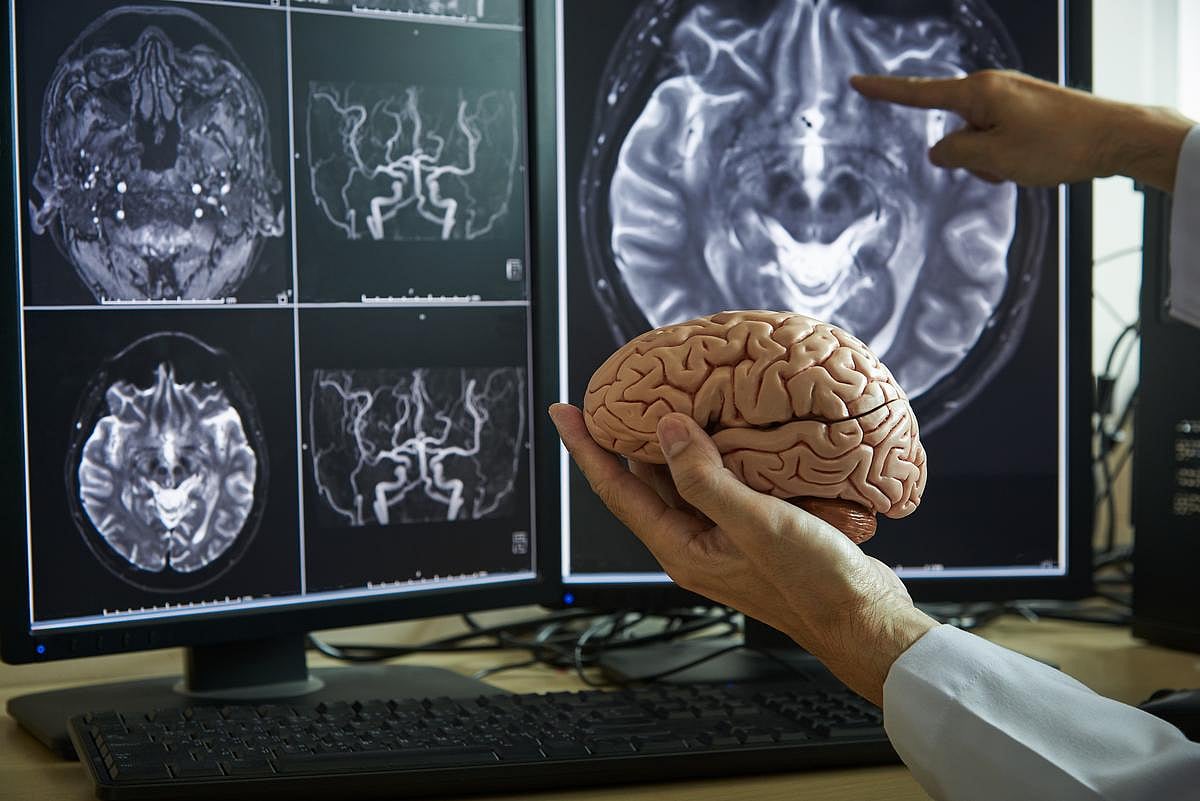Manténgase sano!

- Posted August 27, 2025
Talk Therapy Alters Brain Structure, MRI Scans Show
Talk therapy has the power to alter a person’s physical brain structure, a new study shows.
Psychotherapy caused measurable changes in the brains of people with severe depression, MRI scans revealed.
Specifically, most patients experienced growth in brain regions responsible for processing emotions, researchers reported Aug. 26 in the journal Translational Psychology.
The brain changes were similar to those produced by psychiatric medication, researchers said.
“For the first time, we have a reliable biomarker for the effect of psychotherapy on brain structure,” said senior researcher Ronny Redlich, head of biological and clinical psychology at Martin Luther University Halle-Wittenberg in Germany.
“Put simply, psychotherapy changes the brain,” he said in a news release.
About 280 million people suffer from severe depression worldwide, researchers said in background notes. Depression has been linked to changes in the size of the hippocampus and amygdala, brain regions that help regulate emotions.
For the new study, researchers provided a series of 20 cognitive-behavioral therapy sessions for 30 people diagnosed with depression.
Cognitive-behavioral therapy (CBT) is an established method for treating depression, researchers noted. This form of therapy teaches people how to recognize and respond to thoughts and behaviors that contribute to their depression.
“CBT leads to positive changes in thought patterns, emotions and behavior,” Redlich said. “We assume that this process is also linked to functional and structural changes in the brain. The effect has already been demonstrated with therapy involving medication or electrostimulation, but has not yet been proven for psychotherapy in general.”
The research team employed MRI scans to examine the participants’ brains before and after therapy.
“MRI scans provide information about the size, shape and location of tissue,” lead researcher Esther Zwiky, a psychologist at Martin Luther University, said in a news release.
After the therapy sessions, 19 of the 30 patients had hardly any remaining symptoms of depression, researchers said.
These patients’ brains underwent structural changes as therapy eased their depression, results show.
“We observed a significant increase in the volume of grey matter in the left amygdala and the right anterior hippocampus,” Zwiky said.
The researchers found a clear connection to the patients’ symptoms — people who had a larger increase in their amygdala experienced a greater reduction in their emotional problems.
Redlich said this doesn’t mean that therapy is better than medicine — only that it has the same sort of effect on the brain as psych drugs.
“We were able to show in our study that psychotherapy is an equally effective alternative from a medical and scientific standpoint,” he said.
More information
The American Psychological Association has more on cognitive-behavioral therapy.
SOURCE: Martin Luther University Halle-Wittenberg, news release, Aug. 26, 2025





